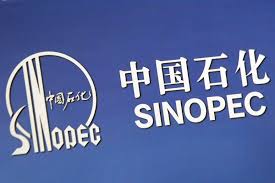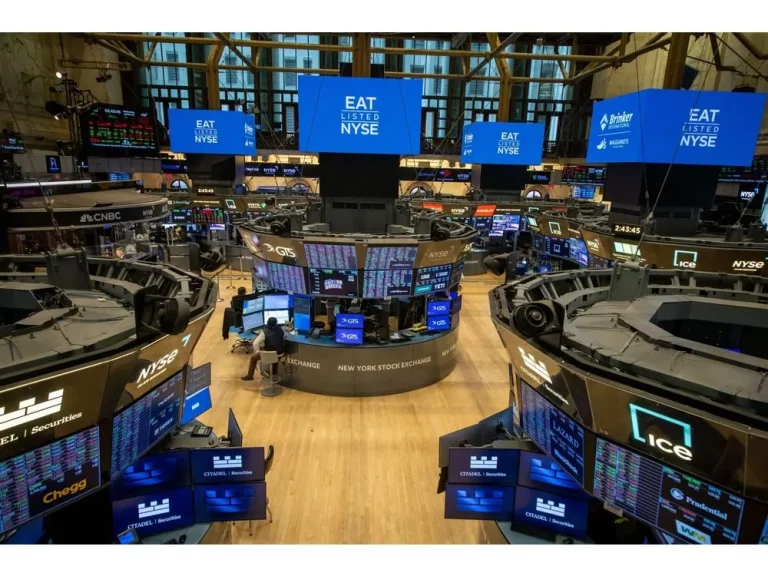Sinopec’s $Billion Bet on NEVs – Is It Paying Off or Draining Profits?
China Petroleum & Chemical Corporation, better known as Sinopec, has reported a 16.8% drop in net profit for 2024, as lower global oil prices and heavy investments in new energy vehicles (NEVs) and clean energy infrastructure pressured earnings. The results reflect the challenges faced by traditional energy giants as they navigate volatile commodity markets while transitioning toward a greener future.
Oil Price Volatility Hits Revenue
Sinopec, one of the world’s largest oil refiners, saw its profits take a hit as crude oil prices remained subdued throughout 2024, reducing margins in its refining and petrochemical businesses. The company’s revenues were further impacted by weaker demand for fossil fuels, as global economies pushed for cleaner energy alternatives.
The oil market has been marked by fluctuating demand, geopolitical uncertainty, and production cuts by major oil-producing nations, all of which have contributed to Sinopec’s earnings decline. Lower refining margins, combined with an oversupply of petrochemical products, also weighed on profitability.
NEV Investments Add to Cost Pressures
As part of China’s aggressive push toward carbon neutrality, Sinopec has been ramping up investments in new energy vehicles (NEVs), hydrogen fueling stations, and electric vehicle charging networks. While these efforts align with Beijing’s long-term energy goals, they have also increased capital expenditures, further squeezing the company’s bottom line.
Despite the near-term financial strain, Sinopec remains committed to expanding its clean energy portfolio, signalling that it sees long-term growth potential in sustainable energy solutions. The company has already established hundreds of hydrogen refuelling stations across China and is partnering with major automakers to support the country’s booming NEV industry.
Looking Ahead: Balancing Profitability and Sustainability
With oil price volatility expected to continue, Sinopec will need to strike a balance between maintaining profitability in its core oil and gas operations and accelerating its shift toward renewable energy. Analysts believe that as China’s demand for clean energy grows, Sinopec’s investments in NEV infrastructure and hydrogen technology could position it as a leader in the energy transition.
For now, the company faces the challenge of navigating short-term profit pressures while laying the groundwork for future energy dominance. Investors will be closely watching how Sinopec manages costs, adapts to shifting energy demands, and competes with emerging clean energy players in China and beyond.







